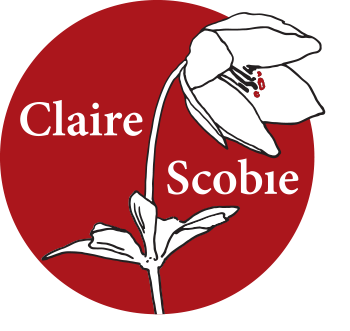02 Dec Trusting your own voice
 I’ve written about finding your voice before but this week I want to investigate it further. Voice is one of those hard-to-pin-down terms that writers and readers and critics bandy about. We’re always told to find our own voice. Make it distinctive. Make it unique.
I’ve written about finding your voice before but this week I want to investigate it further. Voice is one of those hard-to-pin-down terms that writers and readers and critics bandy about. We’re always told to find our own voice. Make it distinctive. Make it unique.
But what does that actually mean? And how do you get there?
Last year I went on a very serious writerly retreat organised by the Writing and Society Group at the University of Western Sydney. For three days, writers and scholars talked in-depth about craft. One of the presenters, Dr Tony Macris gave this technical definition of voice.
‘It is the process of enunciation: the flow. It is the subjective feeling of writing, it is the flow of thought and converting it into language.’
What’s great about this description is the word ‘flow’. Voice is the way we communicate what’s going on inside of us—that constant movement of ideas, beliefs and thoughts—with the world outside. Of course we do this through language. But we also do it through intention.
People sometimes say to me, ‘If only I could write the way I talk.’ Often, when we convert our thoughts into words on the page something gets lost. Or it doesn’t come out the way we want.
This is where intention is important. To keep coming back to what it is you are really trying to say. And HOW you want to say it.
So you have an idea. You want to write about the most perfect day of your holidays. Your intention is to capture that perfection in words. Write that at the top of the page in bold.
Then allow yourself to get into the flow of remembering the day. Reflect on the senses. Evoke taste, touch… you know the deal. Make some notes without editing or censoring yourself. As you settle into a rhythm, allow more impressions and memories to surface.
Once you’ve written a page or so, pause and re-read your intention: to capture the perfection of that day. Have you done that yet? Keep that as the focus as you write some more. It may be one single moment—converted into a single sentence in your piece—that will nail it.
You won’t always get it on your first take. Writing is a process of discovery. Each time you write, you spiral deeper. Your voice becomes more assured. You words on paper begin to reflect how you think and how you truly want to share yourself with the world.
Feel free to share your voice below!
